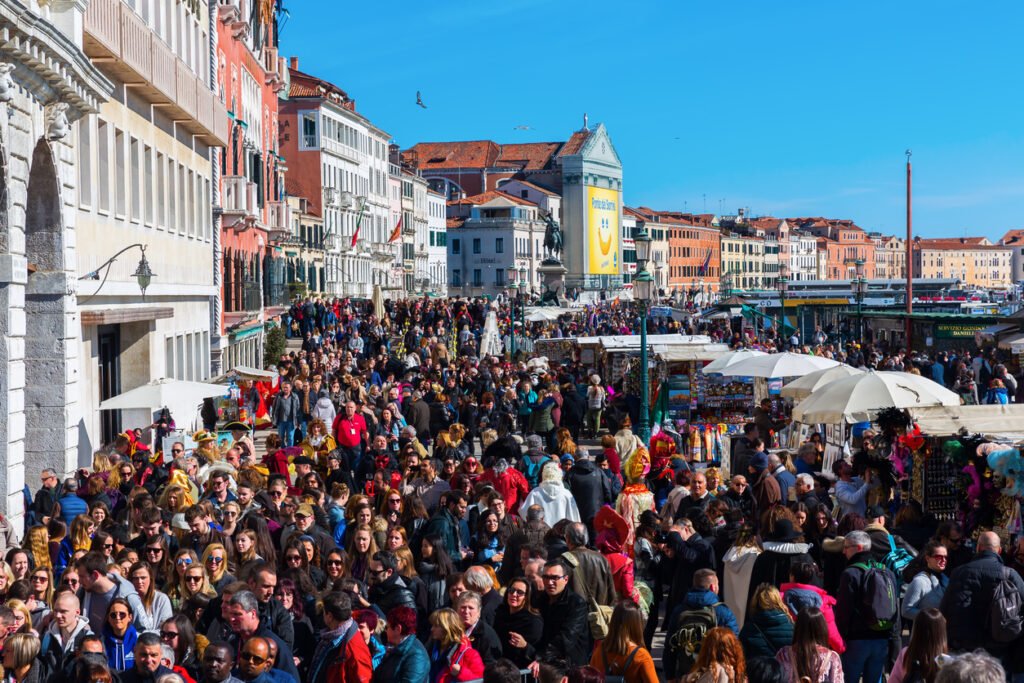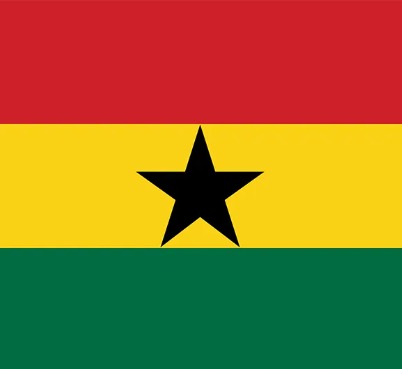You’ve spent months preparing the perfect trip, only to arrive at the destination and find that thousands of other people had done the same thing. In order to explain this phenomena, the term “overtourism” was coined. It refers to instances where the impact of tourism on a destination’s infrastructure, environment, economy, or society is greater than the destination can handle.
International tourist arrivals have increased from 25 million in 1950 to more than 1.3 billion in 2017, according to the UN World Tourism Organization. More and more people are traveling around the world, resulting in record-breaking crowds at some of the world’s most popular tourist sites, destinations, and locations.
How Overcrowding Affects Tourist Attractions

Overtourism in places like Berlin and Lisbon has pushed long-time residents out of their homes, resulting in a spike in rental costs. People who own or inherit homes can make more money renting their properties to tourists than they can by renting them to families for long periods of time.
With barely 1.6 million permanent residents, Barcelona has doubled the number of tourists it sees each year to roughly 32 million. Many visitors to Barcelona only remain for one day and contribute very little money to the city’s economy, according to a report from the Guardian. Airbnb was fined $700,000 by the city for promoting unregistered rental accommodations the next year. While there were 75,000 hotel beds and 50,000 legitimate tourist rental homes in Barcelona, the government discovered at least 50,000 additional beds were being rented out illegally.
20 million people visit Venice each year, making it one of the world’s most popular cruise destinations. Residents have been driven out by the symptoms of overtourism; the population has dropped from 175,000 in 1951 to 50,000 presently. Various remedies have been proposed, including prohibiting all cruise ships and instituting turnstiles and taxes for guests to enter the park. Tourists and locals have fought over the Italian city’s economy, just like in Barcelona, which relies heavily on visitors.
We Are Talking About Overtourism Not Overcrowding. There is a difference Between Overtourism Not Overcrowding.
No matter how many people are crammed into a given area of a city, it doesn’t necessarily mean that the area is experiencing overtourism. People can barely avoid running into each other during summertime festivities like the Fourth of July at Disneyland. There is no reason to believe that a place’s culture, economics, and very nature can’t manage the influx of tourists; in fact, this is exactly what it was designed for.
Think instead of Table Mountain and the Masai Mara or Wat temple, which has seen a massive increase in visitors and development, resulting in an increase in waste and a decrease in pure water. The administration of Siem Reap began pumping thousands of cubic meters of groundwater a day to provide the city’s residents because of a lack of fresh water. A group of residents living near the river in Siem Reap, Cambodia, complained that the water was becoming tainted and unusable because of waste from the tourist attraction. By 2017, UNESCO was very concerned that the temple complex, which had been standing since the first part of the 12th century, was physically sinking due to a lack of groundwater. UNESCO.
Exactly how many tourists are considered “too many”? It all depends on where you’re going and what you’re dealing with there. Because of this, there isn’t a “one size fits all” solution to the problem of overtourism. In many cases, the solution to overtourism’s harmful effects resides in coordinated efforts on the part of government agencies, stakeholders, visitors, and residents alike.
It was decided that Boracay Island in the Philippines would be shut down for at least six months in 2018 to allow the environment a chance to recuperate and the failing infrastructure a chance to be repaired so that the economy (which relied heavily on tourism) could recover. Tourists are no longer allowed to bring single-use plastic bags or smoke cigarettes or drink alcohol on the beach because of government restrictions placed in place.
A destination’s quality of life and its tourists’ experiences can be severely or positively affected by overtourism, and no one wins when it comes to overtourism. Overtourism’s most cited—and certainly most obvious—negative effect is on the environment, although this is far from its only consequence.
Tourists and locals can find themselves at odds when the latter is unable to carry out their everyday routines because of the overwhelming number of tourists. Overtourism can wreak havoc on a community’s identity in the most extreme situations. Boracay Island does not have a full-time team of sanitation workers to deal with the rubbish that visitors leave behind; unlike Disneyland, the island doesn’t have a full-time team of sanitation workers.









0 Comments